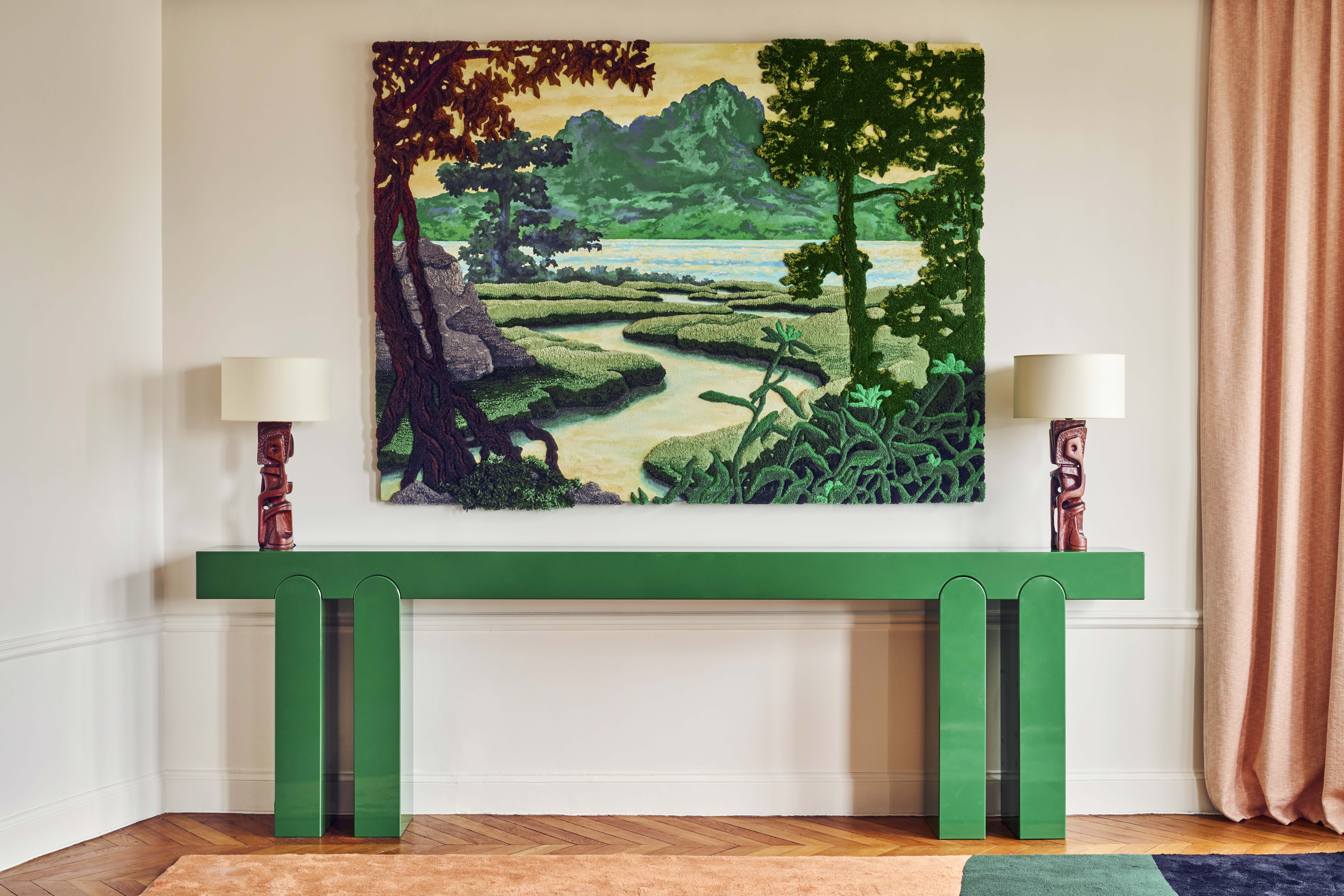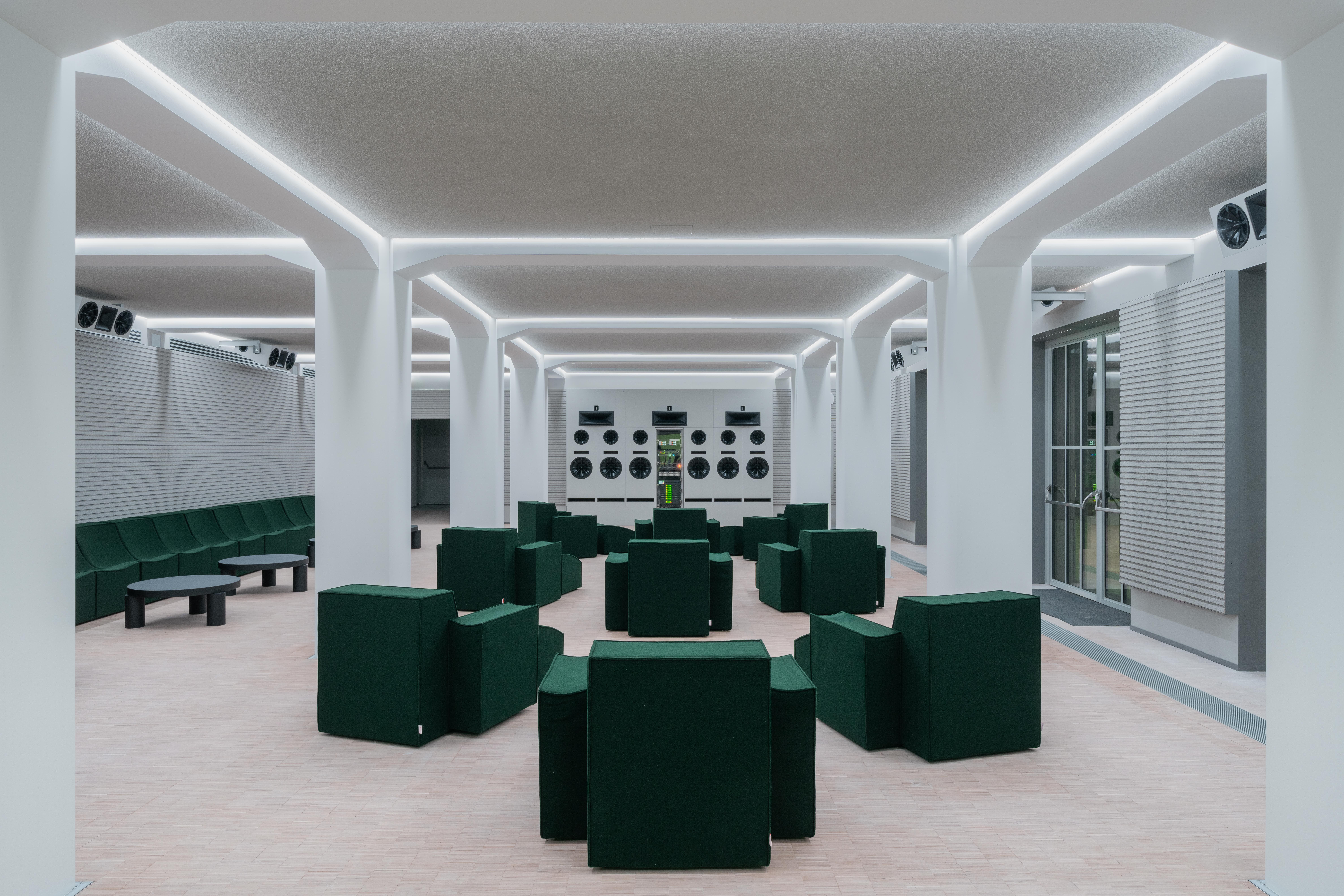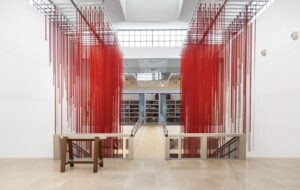
words Marcus Fairs
Britain’s most forthright architecture critic was drafted in to reinvigorate the Architecture Foundation last year. Later this month, director Rowan Moore unveils the organisation’s new manifesto. The London Evening Standard writer and former Blueprint editor told icon about his plans.
“This is a great time: there’s a much greater acceptance of modern architecture. People aren’t scared of it any more. Things like Bilbao, the London Eye and the Millennium Bridge – people like them and respond to them. The monstrosities of the past have receded in people’s memories.
“But I don’t think the understanding of architecture has developed along with the interest. The Architecture Foundation has always been about pushing ideas of what contemporary architecture is and getting it out there to the public. We have a strong belief that the public should be involved in decisions about their environments.
“We’ll be unveiling a knockout programme of think-tanks, talks, exhibitions and live projects – things that will actually get built. We’re not particularly interested in pushing ideas on how to design bachelor pads and bars. Instead we’ll be launching competitions for housing and public space. These kinds of everyday situations have been neglected. That’s the next frontier.
“Ultimately, it’s about the power of the exemplary project. The best way to explain something is to demonstrate it. It’s not about saying, ‘Here are some architects who have done a nice art gallery in Switzerland – let’s get them to do some housing.’ We want to get beyond the concept of quality in architecture. It’s not just about how tasteful and well- made buildings are – it’s about concepts of ownership, emotional attachment and memories. These are under-explored areas.
“We’ll be looking at issues of desirability and aspiration – what makes housing desirable? The debate about public space is really flat: it’s not just about paving slabs, bollards and cappuccino bars. Who owns it? Who doesn’t own it? What happens in it? What are the different degrees of publicness? The idea that all public space should be equally open to everyone doesn’t make sense. That’s not how it works. There’s a lot of glib, wishful thinking around.
“The government is talking about a huge amount of housebuilding and public spaces coming from the private sector. There’s a huge potential for it all to go horribly wrong like it did last time. There’s a lot of focus on process, such as prefabrication, which is fine, but it’s about more than that. There’s a desperate need for clear, creative thinking.
“But saying you must employ good architecture or you’re wicked is not a very persuasive argument. A lot of people, including the architectural community, go around saying things are self-evident, but they’re not. We want to challenge architects. You don’t do the culture of architecture any good if you just pat each other on the back all the time. Architecture is a setting for things. That doesn’t mean it has to be boring, but it doesn’t always have to aspire to be the centre of attention.
“Architects have to be realistic and more modest. There is a bit of a tendency for debate on architecture to drift off into transport policy, environmental policy and so on. There’s a tendency towards megalomania. They can’t save the planet on their own. It’s something architects have been doing since Le Corbusier – going beyond the limits of what they’re good at.
“Good contemporary design is not like medicine – it’s not something you have to take to stay alive. If there were no good architecture, the world would not end. We want to ask: what’s the point of employing a good architect?”
www.architecturefoundation.org.uk

















